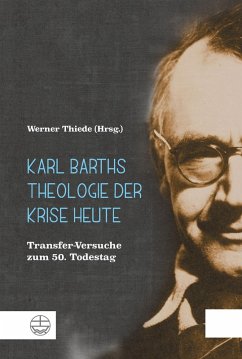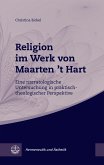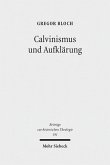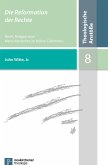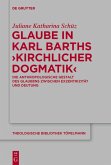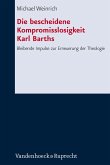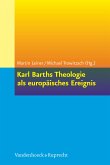Karl Barth (1886-1968) war der wohl fleißigste und bekannteste Theologe des 20. Jahrhunderts. Mit seinem Tod ging eine theologische Ära zu Ende. Diesem Ende korrespondierte der Umschwung des Zeitgeistes im Sinne der »68er«. Seither haben im Protestantismus wieder liberaltheologische Einstellungen die Vorherrschaft, wenngleich nicht die Alleinherrschaft, gewonnen. Ein halbes Jahrhundert nach Barth ist eine Standortbestimmung angesagt: Wo und inwiefern wirkt dieser große Theologe nach? Wo und inwiefern täte eine verstärkte Rückbesinnung auf seine einstige »Theologie der Krisis« und seine Kirchliche Dogmatik heutiger Theologie und Kirche, ja unserer Welt in ihrer Krisenhaftigkeit gut? Namhafte Theologieprofessoren, darunter Barths letzter Assistent Eberhard Busch, gehen diesen Fragen nach. [Karl Barth's Theology of Crisis Today. Transfer Attempts on the Occasion of the 50th Anniversary of his Death] Karl Barth (1886-1968) is probably the most industrious and best-known theologian of the 20th century. With his death a theological era came to an end. This end corresponded to the turnaround of the spirit of the time in the sense of the movement of 1968. Since then liberal theological approaches have once again gained predominance, but not the sole dominance. Half a century after Barth a review is appropriate: where and to what extent this great theologian is still influential? In what way a stronger recourse to his former »Theology of Crisis« and his Church Dogmatics would be good for theology and church today and even for our world in crisis? Renowned theologians, including Barth's last assistant, Eberhard Busch, are addressing these questions here.
Dieser Download kann aus rechtlichen Gründen nur mit Rechnungsadresse in A, B, BG, CY, CZ, D, DK, EW, E, FIN, F, GR, H, IRL, I, LT, L, LR, M, NL, PL, P, R, S, SLO, SK ausgeliefert werden.

